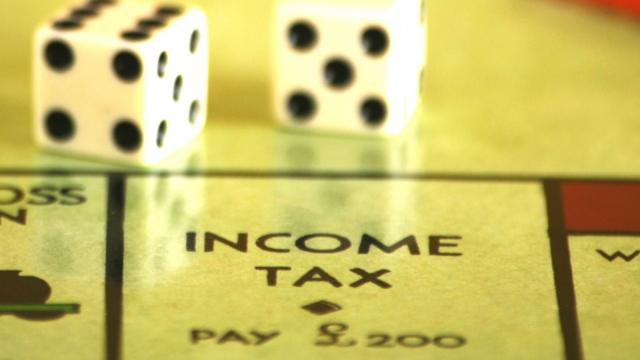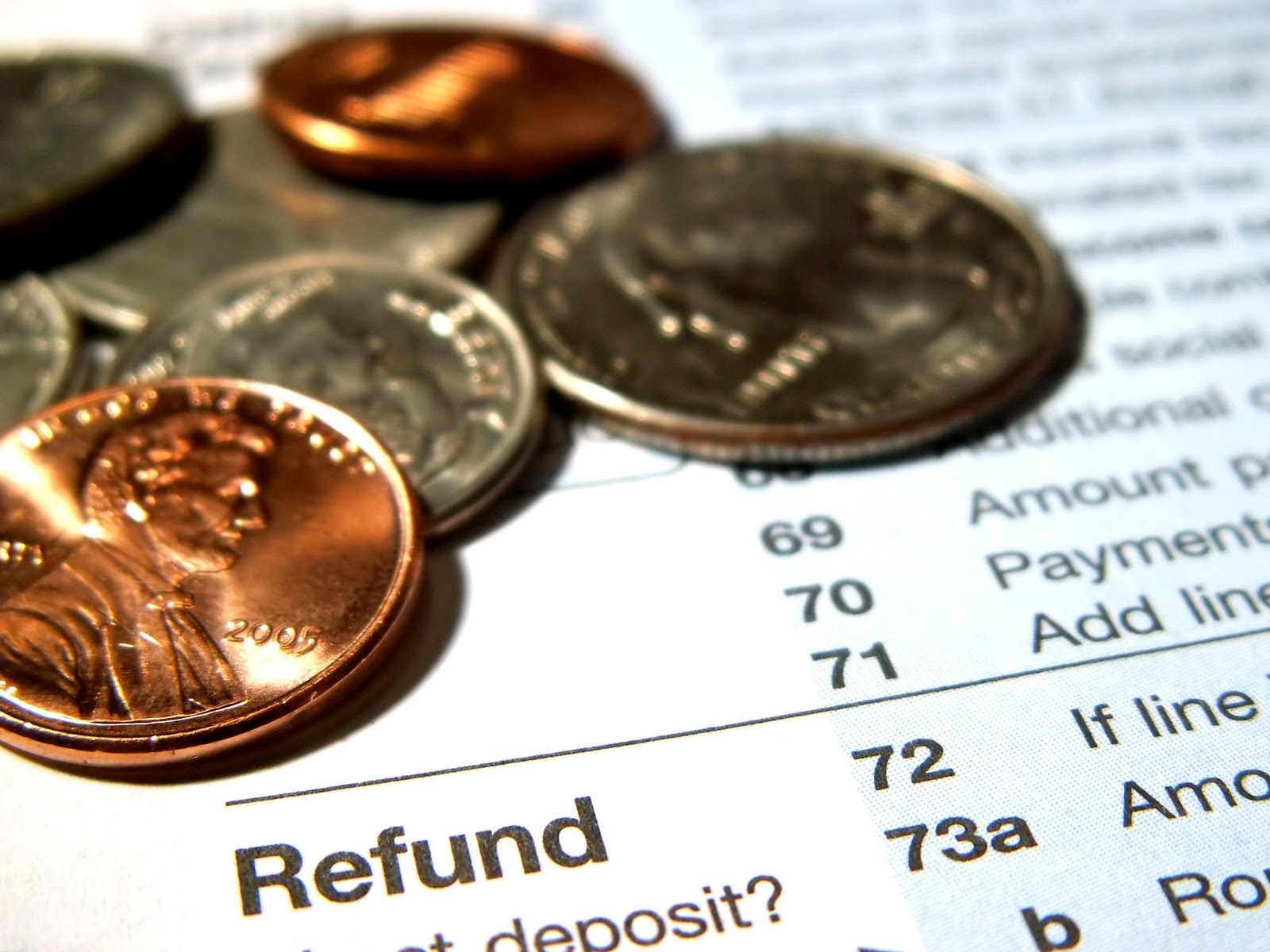
A recent New York Times Op-Ed by economist Laurence J. Kotlikoff suggested that we "Abolish the Corporate Income Tax." His case for doing so, he explains, "requires constructing a large-scale computer simulation model of the United States economy as it interacts over time with other nations' economies." The computer determined that the tax cut would be "self-financing to a significant extent."
Big business hints at serious consequences if we don't comply with this lower tax demand. But abolishing the corporate income tax is not likely to reverse the long history of harmful corporate behavior. There are several good reasons why:
1.Corporations Have a Proven Record of Spending Tax Breaks on Themselves
The evidence comes from 2004, when a "repatriation holiday" allowed corporations to bring their profits home at a much-reduced tax rate. But they used over 90 percent of the money to "enrich shareholders and executives" by paying dividends and buying back their own stock. At the same time, they cut jobs and research spending. A Senate subcommittee called the whole affair a "failed tax policy" that shouldn't be repeated.
The increasing level of stock buybacks epitomizes the transition from corporate responsibility to corporate self-indulgence. Stock buybacks are a means by which major corporations seek to manipulate the market prices of their own shares, thereby enriching executives with plentiful stock options.
The buyback surge is dramatic. In 1981, 292 major corporations [spent less than 3 percent}(http://www.alternet.org/economy/154746/how_high_ceo_pay_hurts_the_99_per...) of their combined net income on buybacks, but by 2007 the very same 292 corporations were spending over 82 percent of their net income repurchasing their own stock.
2.They Only Pay Half of Their Tax Obligation
Mr. Kotlikoff claims that "the United States may well have the highest effective marginal corporate income tax rate of any developed country." But the effective rate in the U.S. is not high at all, and it keeps dropping. For over 20 years, from 1987 to 2008, corporations paid an average of 22.5 percent in federal taxes on their profits.
Since the recession, this has dropped to an outlandishly low 10 percent—even though their profits have doubled in less than ten years. Even taking into account IRS figures that reduce taxable income to about two-thirds of profits, their 10 percent tax rate increases to only 15 percent. They should be paying over twice as much.
U.S. Office of Management (OMB) figures confirm the steady decline in Corporate Income Tax as a Share of GDP, from 4 to 6 percent in the 1950s to 1 percent in 2009, and then back to 1.6 percent in 2012. Today's rate is less than one-half of what it was in our country's most productive era.
3.They've Stopped Investing in America
The Bureau of Labor Statistics (BLS) provides job data by size of business. A review of job gains and losses reveals that since the recession:
– Almost 4 million jobs have been lost, almost all at companies with less than 50 employees or more than 1,000 employees.
– Only 2 percent of the jobs were lost at medium-sized companies (100 to 999 employees).
While small companies have been hit hardest by the recession, large corporations have continued to accumulate massive profits, and yet they're not using their immense gains for new initiatives. A stunning graph from the St. Louis Federal Reserve shows that business is investing much less in America. Instead, as a National Bureau of Economic Research study confirmed, startups and young firms are of primary importance to U.S. job creation.
4.Their Vision of Tax-Free Prosperity is a Delusion
Mr. Kotlikoff cites the "Irish Miracle" of the 1980s, which led to "a massive inflow of capital, with over 1,000 multinationals setting up shop." The authors of a New York Times article explain, "Simply put, the Irish miracle was a mirage driven by clever use of tax-haven rules and a huge credit boom that permitted real estate prices and construction to grow quickly before declining ever more rapidly." In other words, a bubble.
Without tax revenue, Ireland turned to austerity measures, some of the toughest in Europe, while the wealth of the boom years flowed upward to a small minority. The process should be familiar to us. Paul Krugman notes that Ireland collapsed "By being just like us, only more so. Like its near-namesake Iceland, Ireland jumped with both feet into the brave new world of unsupervised global markets."
U.S. corporations need to pay for the many years of employee productivity and public research that built their trillion-dollar industries. Perhaps a minimum tax on U.S. income, or a return to the public on their use of infrastructure and government research, or a minimum investment for job creation. But reducing their taxes would just legitimize their refusal to meet their obligations.
3 WAYS TO SHOW YOUR SUPPORT
- Log in to post comments












